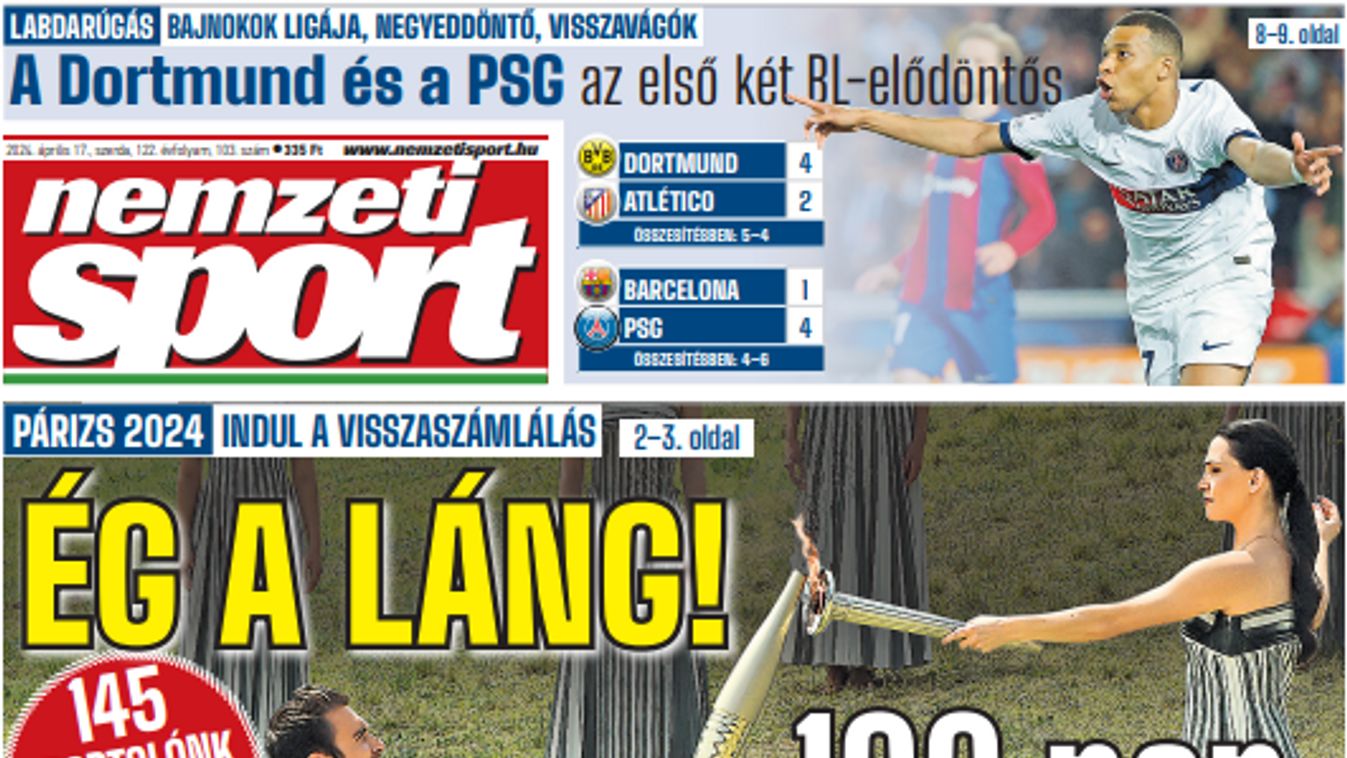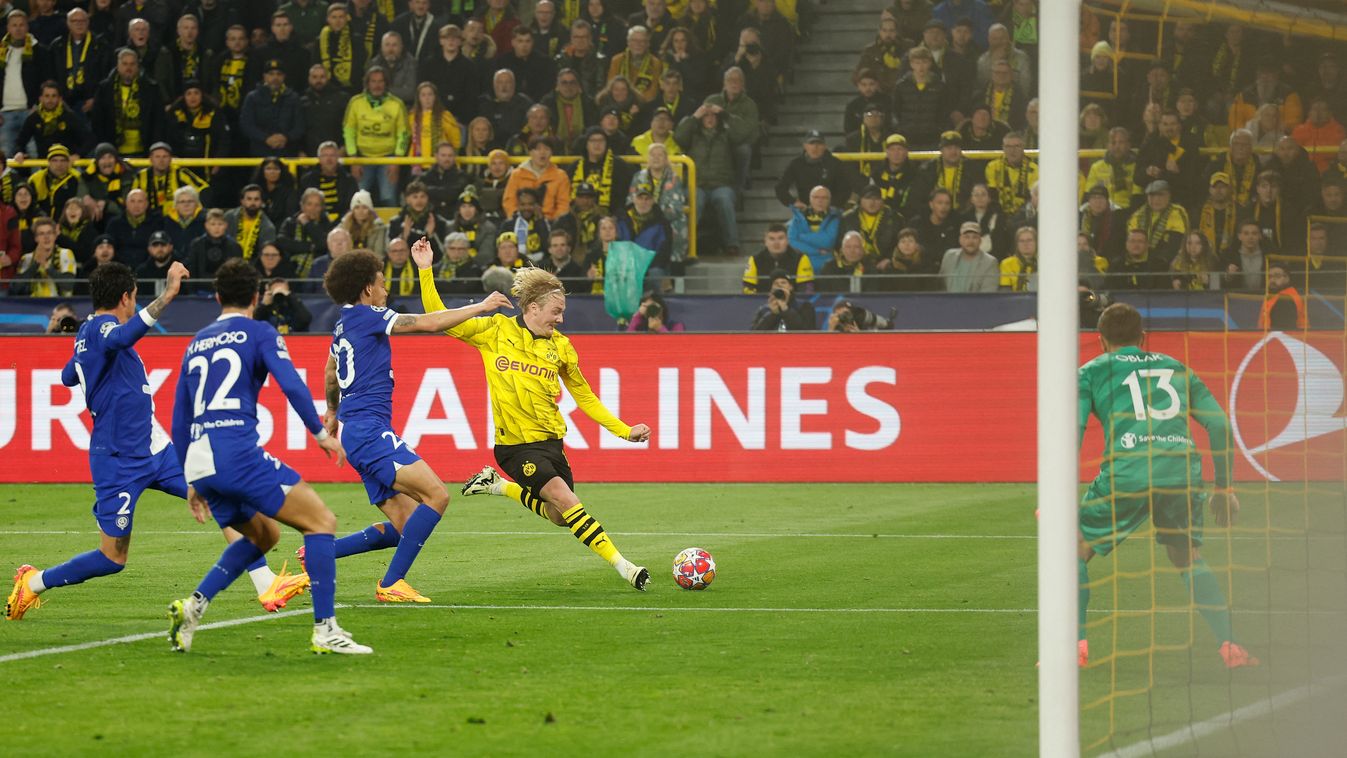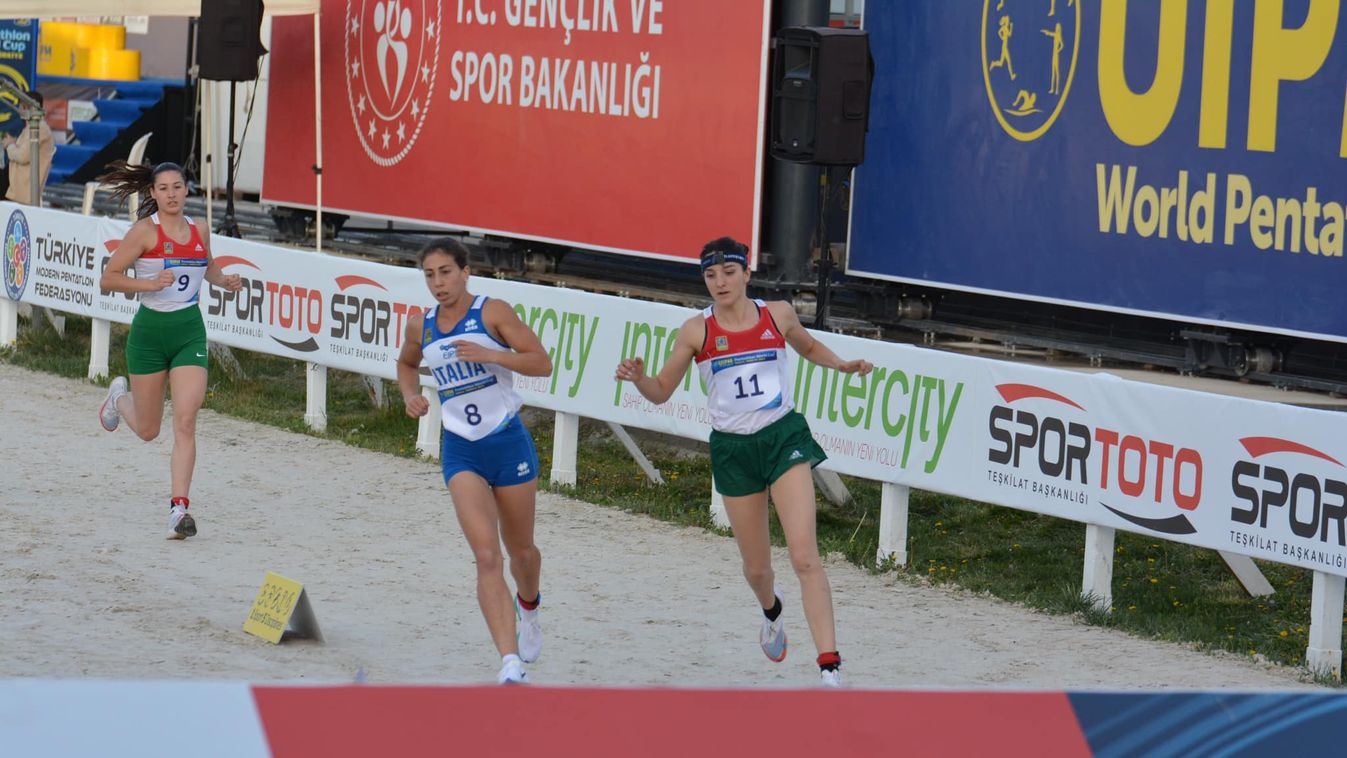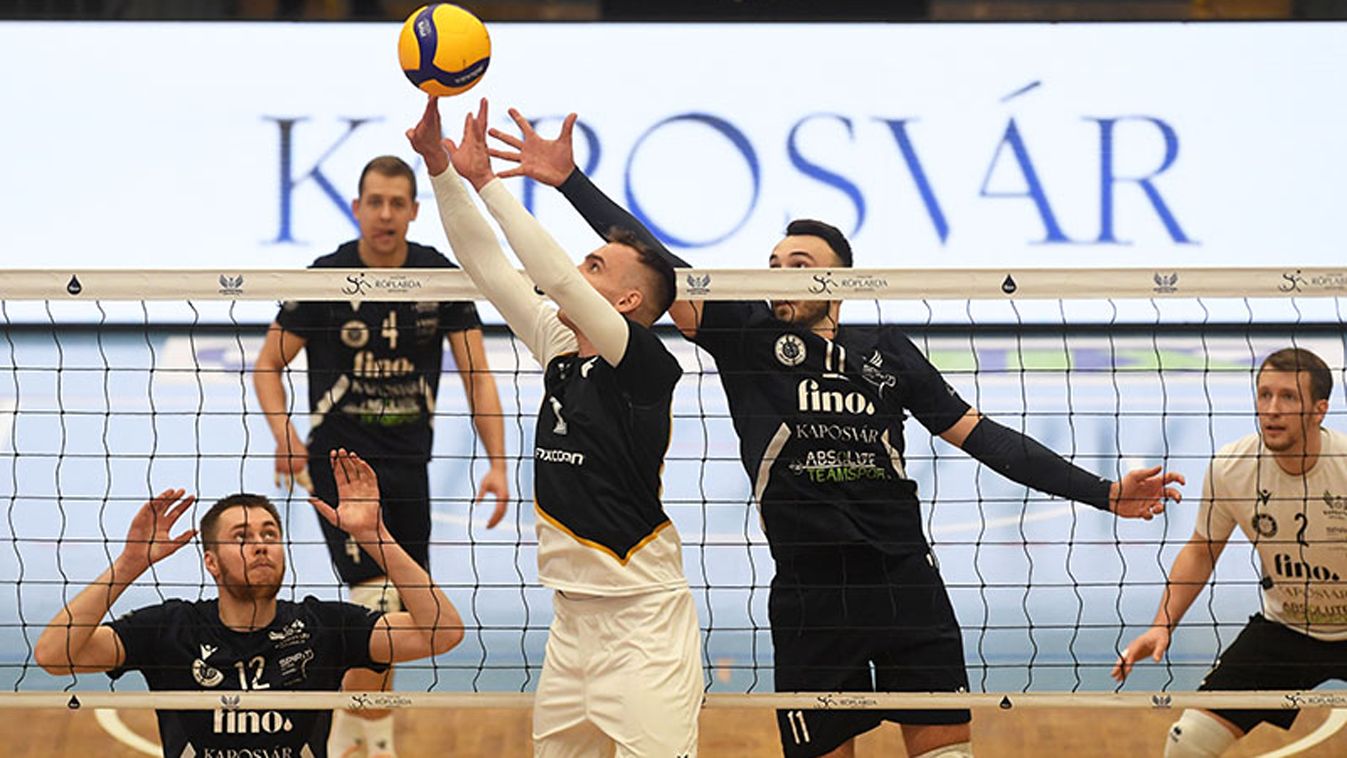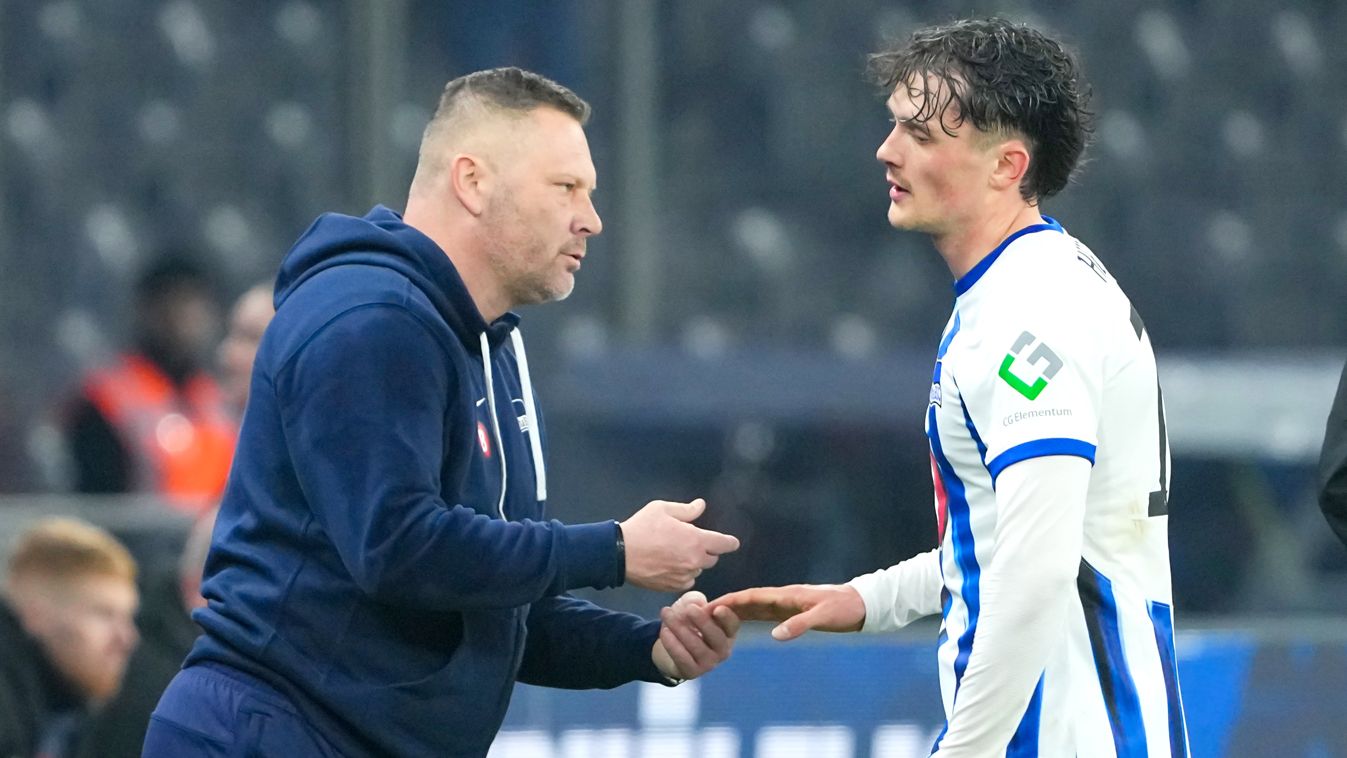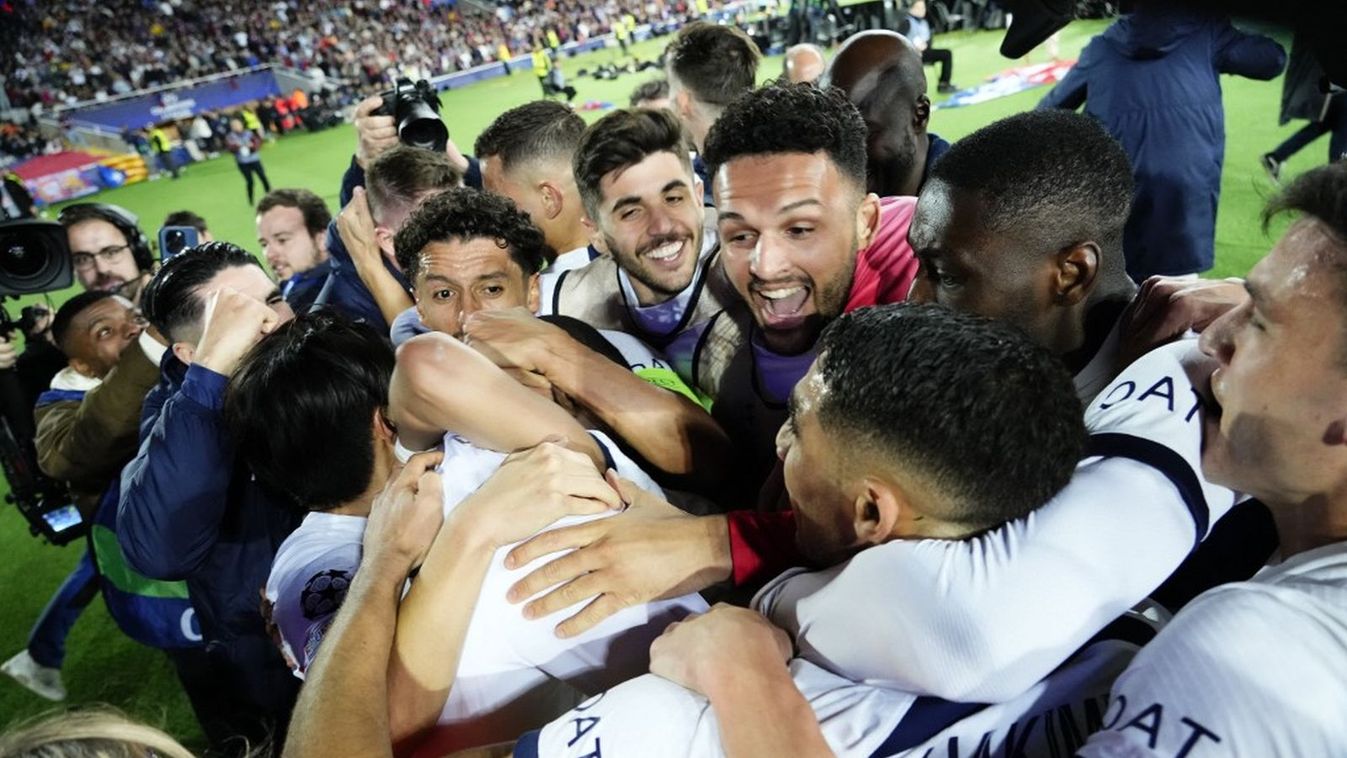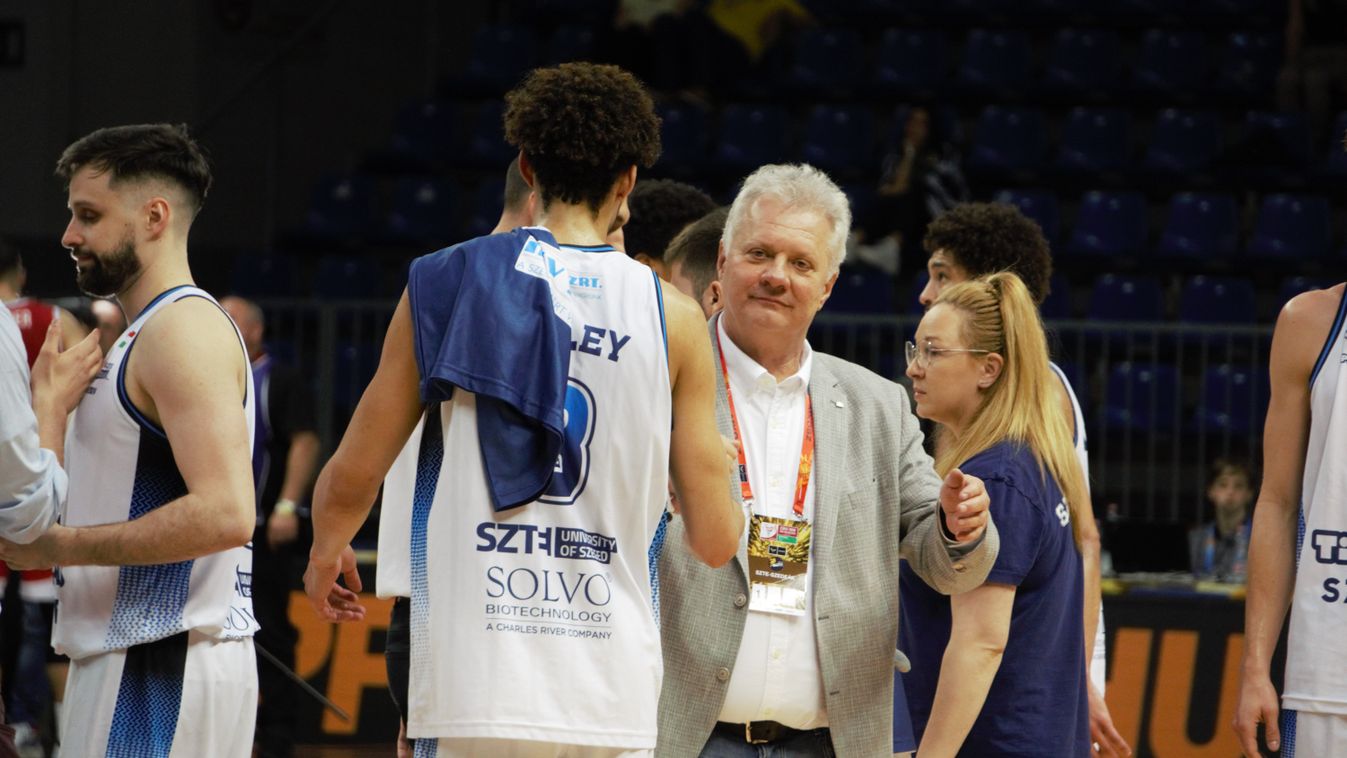István Szőke, legend of Ferencváros, has passed away
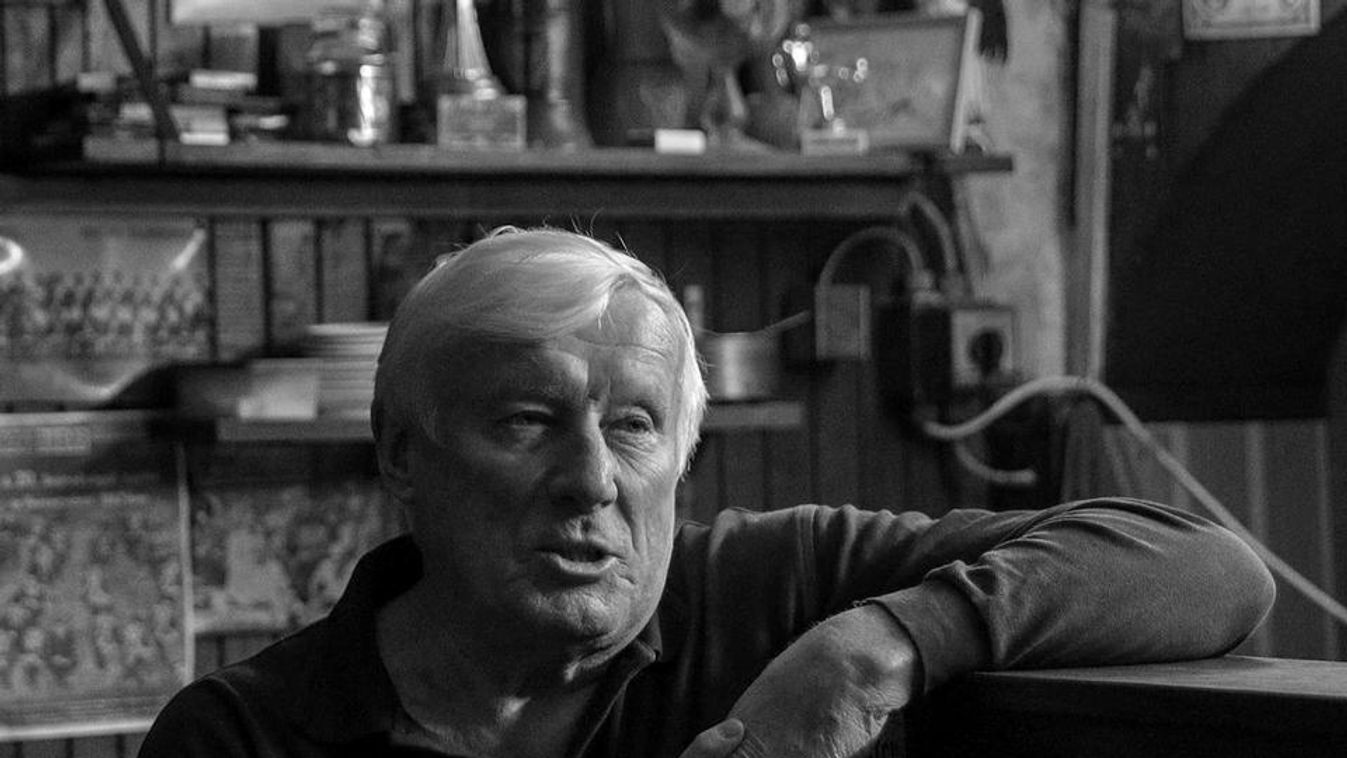
| Born: February 13, 1947; Budapest Sport: football Position:right winger Clubs:FTC (1965–1974), Volán SC (1975–1976) Achievements:2-time Hungarian champion (1967, 1968), 6-time silver medalist (1965, 1966, 1970, 1971, 1973, 1974), bronze medalist (1969), 2-time Hungarian Cup winner (1972, 1974), Inter-Cities Fairs Cup finalist (1968), UEFA Cup semifinalist (1972), Europeans 4th place (1972). Caps/goals:13/3 (1969–1973), FTC eternal champion (1974), farm team coach (Volán SC, 1976–1978) |
István Szőke joined Ferencváros as a junior in 1965, and a year later, the team won both the semifinal and final of the Caligaris Cup in Italy with his six penalties in each match. Moreover, he also scored a series the previous year, so he was victorious in penalties for a total of 18 times.
Flórián Albert, the later Ballon d'Or winner, promoted him to the adult team's coach, Oszkár Vilezsál. Albert also watched the youth matches, and he primarily liked the passes of the young right winger. From the left, Máté Fenyvesi or Gyula Rákosi conjured the ball in front of him, but he also needed a teammate who would kick the ball to his head from the right. Szőke asked for the ball with a cheeky whistle because he realized that the roar of the audience drowned out his voice. The elders got the message and passed the ball on the whistle. He made his NB I debut against EAC Szeged, and that year he played in two more top-flight matches. He then had to wait almost a year to be in the starting lineup permanently. In October 1966, he scored one goal in the victorious win of 7-1 against MTK, then in the match against Dózsa Újpest, which they won 6-3, he scored four (!), out of which two were penalties. Népsport wrote: "Szőke played incredibly." From then on, there was almost no Fradi-Dózsa clash in which he did not rattle the net of Dózsa and the national team goalkeeper, Antal Szentmihályi. Újpest even practiced free-kick lineup at training, but Szőke regularly scored the free kicks, and the purple-and-whites burst out: "Why the hell did we practice if he's going to score it anyway!" He scored again for "Miska" in the 88th minute, with which in May 1971, FTC defeated Újpest 1-0 on Megyeri út. In the 2–0 win on April 15, 1972, he scored the first goal – perhaps needless to say, from a free kick (this was the match after which Miklós Páncsics received a rating of 10 from Népsport).
It was a heartache that he did not qualify for the 1968 Mexico City Olympics. Head coach Károly Lakat said at a banquet that he does not like red even in vegetable pickles, and the dreaded sports manager, István Kutas, ordered him in and told him that there are too many green-and-white footballers in the Olympic squad (Dezső Novák, Miklós Páncsics, István Juhász, Lajos Szűcs, Zoltán Varga and Szőke). Lakat got the message; he left the youngest at home...
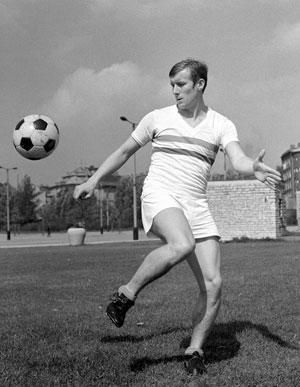
He made his national team debut under Károly Sós' captaincy in May 1969 against Czechoslovakia at Népstadion, and overall, he made 13 appearances. László Fazekas, who is six months younger than him, also played on the right. Szőke admitted that the Újpest footballer was able to perform excellently in several positions. Moreover, at that time, the Fazekas, Ferenc Bene, Antal Dunai II, Sándor Zámbó striker line excelled, and he wouldn't have broken up the unified Újpest four either. Sós didn't give him more chances, as he did with József Hoffer, and it was only by a hair's breadth that Rudolf Illovszky also ignored him because he was always afraid of flying, so he did not go to the match against Brazil in Rio (1971, 0-0).
In the 1972 Euro quarterfinal against Romania, he scored the first goal in the 2–2 match in Bucharest – he put Bene's ball bouncing off the bar into the net. He became a national hero in the third match against Romania, scoring in the final four in Belgium in the 87th minute (2-1). He was joyous, and shouted to György Szepesi, who was commentating from the halfway line: "This is how it's done!" He came on as a substitute for the 1973 Hungary-Sweden World Cup qualifier where he shot a free kick on the bar. “Pista” recalled, "If it goes in, Edström won't equalize." A friend of his said that if he shot it, he would have a statue erected because he had made the national team qualify for both the European Championship and the World Cup. Unfortunately for him, he missed a penalty in both matches against Wolverhampton Wanderers in the 1972 UEFA Cup semifinal (2-2, 1-2).
He was left out of Ferencváros during Jenő Dalnoki's coaching years. The coach's old grievance was that as a youngster he "stitched" him several times as a left-back, kicked him several times, and when the crowd protected the young right winger, disgraced Dalnoki did not forget this. As a coach, he stated that Szőke is one of the best right wingers in Europe, but he would not play for his team.
Few people know that he could have continued his career at Rot-Weiss Essen in FRG in his 20s. To do that, he would have had to defect, but as he put it, "After a month of fuss, my wife and I returned home." He finished his active career at Volán, but due to an unpleasant injury, he said goodbye to football.

Az ütközés után ellenfele motorjával akart továbbmenni a megzavarodott versenyző - videó

Alig takarja valami Tolvai Reni hatalmas melleit

A sztárjósnő elárulta, melyik pár marad együtt Házasság első látásra végén

Robbanhat az orosz bomba a Baltikumban

Kollégái közölték: elhunyt a népszerű rádiós, 68 éves volt

Spanyolország döntött: fokozza a nyomást Magyarországon

Szexképek kerültek fel az internetre Taylor Swiftről

9 házi lagzis sütemény, amivel rengeteget spórolhatsz a frigy költségein

Marozsán és Fucsovics is főtáblás a Roland Garroson

Szerencsejáték: több mint 51 milliós nyeremény a Tippmixen

A nők a házigazdával, a férfiak Juan Carlos Pastor csapatával kezdenek az olimpián



